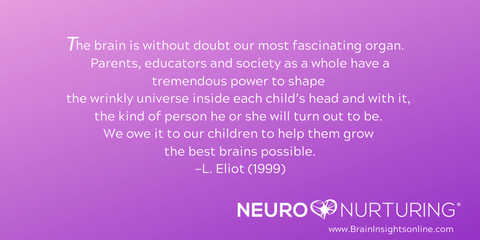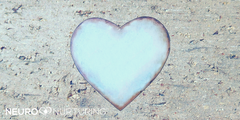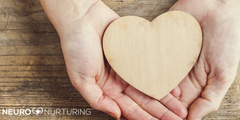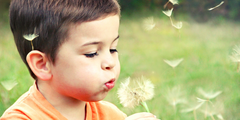A baby is filled with possibilities. An infant is born as a beautifully undefinable and significant individual with an exceptional essence within their heart. Each newborn is also born with a very undeveloped brain.
The brain is experience dependent, meaning development doesn’t just magically happen. A brain develops based on the combination of the genes a child is born with, influences during pregnancy and the experiences that a child has after birth. The early days, months and years are significant in rapidly connecting the estimated 86 billion brain cells a baby has at birth. Experiences create a direct and physical impact on the way a brain becomes wired at a rate of about 1 million per second. Repetition of experiences strengthens these essential neural connections forming strong brain pathways for learning, behaviors, skill development, health and self-perception.
The brain adapts to the type of experiences that are repeated most frequently…. whether positive or negative. Even though it takes many years for the brain to fully mature, the early weeks and months are the time for the most rapid amount of growth… with an amazing estimated amount of 85% of development by age three and a possible 90% by age five.
You may likely be aware that far too frequently children are experiencing just the opposite of what is needed for thriving in life. Due to a variety of experiences that hinder optimal development, brains become wired in ways that lead children to often function with high levels of stress and anxiety. In fact, did you know that, as of 2013, 274,804 babies (0-1), were prescribed psychiatric drugs? In her excellent TEDxBristol Talk, Jane Evans shares this point and beautifully explains the influence of anxiety.
While stress is natural and needed for learning, it is important for many reasons to reduce some aspects of stress for children. Very fearful, inconsistent or chaotic environments have a long lasting and physical effect on the brain. When children are continuously living in highly stressful situations, stress hormone levels stay high. This has a significant impact on a child's behavior, memory, relationships, learning abilities and health.
 While some stress is inevitable and is also actually necessary, children additionally need stress-free time in their days. Play, laughter, physical activity, hugs, daydreaming, creativity and nature are all extremely valuable stress relievers. Even in infancy, the brain feels both over-stimulation and under-stimulation as stress. Through providing environments that are safe, nurturing, predictable and filled with fun interactive child directed activities, children experience what their developing brain needs.
While some stress is inevitable and is also actually necessary, children additionally need stress-free time in their days. Play, laughter, physical activity, hugs, daydreaming, creativity and nature are all extremely valuable stress relievers. Even in infancy, the brain feels both over-stimulation and under-stimulation as stress. Through providing environments that are safe, nurturing, predictable and filled with fun interactive child directed activities, children experience what their developing brain needs.
For a very long time I have felt that the term 'early brain development' doesn't wholly encompass and convey all that children need and all that I hoped every adult would fully recognize by now. In my experience, I have found that too frequently the term 'brain development' is only viewed in relation to intelligence building or having children gain academic knowledge rather than the reality of supporting the overall blossoming of the whole child as a unique individual who has the freedom to thrive.
Additionally, it is still a minority of adults that know the basics of what is needed for a child's optimal development. So, due to the critical need our society (and of course, the children) have for greater understanding and broader awareness of how we can support overall development that also recognizes the heart of a child, I realized that a new term is desperately needed.
With this realization, the term Neuro-Nurturing™ (Click term to read more) has been created to generate new awareness, greater understanding and ultimately implementation into the lives of children! (Click here for a FREE Neuro-Nurturing Guide)

Provided here for you is a valuable printable to share ways to focus on the positives with children!
Share directly or post on community bulletin boards to create greater awareness and understanding for the benefit of children!




Be the first to comment